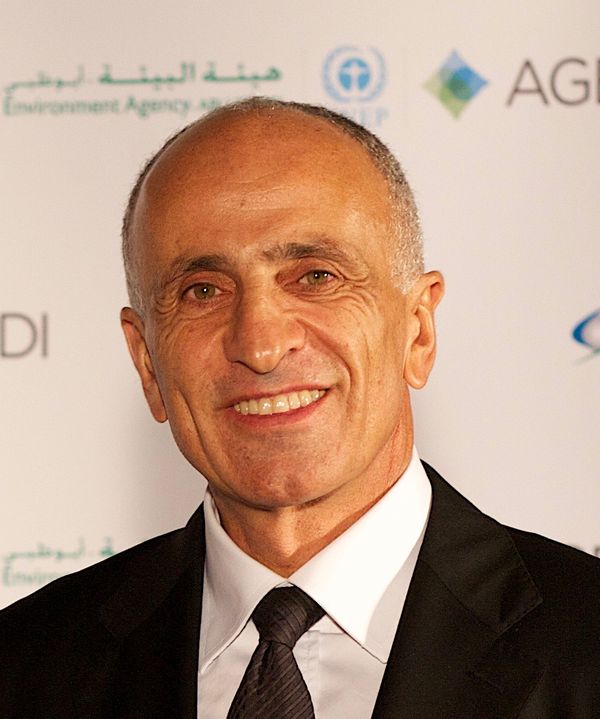
The European Space Agency (ESA) supports the development of products that use space technology with millions in funding. The Swiss point of contact is AP-Swiss and we spoke to AP-Swiss director José Achache about the programme.
Mr. Achache, space technology is a broad field. What exactly is the focus of AP-Swiss?
For us, it is about the application of existing technologies, such as telecommunications, earth observation and positioning. AP-Swiss helps companies implement their business ideas by obtaining funding from ESA to design, develop and validate commercial applications and services that rely on these technologies.
Can you give some examples?
With pleasure. We have supported projects from several Swiss start-ups, including Arviem, DFRC and Geosatis. Arviem developed a solution that allows improved global monitoring and control of the transport of high-value containers, even by various means of transport such as ship, rail or road. Geosatis has developed an intelligent GPS tagging device for offenders and DFRC a monitoring system for coastal and maritime surveillance. Other projects deal with better prediction of rice crops in Asia or avalanches and communication between drones and satellites.
Many Swiss start-ups are aware of project funding by the CTI and EU programmes. What is special about ESA’s support?
For us, development of a market-ready product is the focus. It is not about development of a new technology or applied research. We provide support of a financial nature. Our project developers must know themselves how the product should be developed and, above all, how they intend to commercialise it.
What is the financial support?
It depends. We distinguish between feasibility studies and demonstration projects: the maximum amount of funding for a feasibility study is approximately CHF 500,000. There is no defined maximum amount for a demonstration project, but CHF 5 million currently represents the upper limit. It also depends on whether a project has been entered within the framework of an ESA call or on its own initiative. Both are possible, but projects on their own are supported to a maximum of 50% of total costs.
The EU framework programmes require formation of a consortium and the bureaucracy is notorious. Is this true for ESA projects as well?
There is no obligation to form a consortium. In practice, we support both individual companies as well as small groups of companies. Since the objective of the project is to develop a marketable product or service, it is clear that only those companies that are not in competition with each other work together. And as far as bureaucracy is concerned, the paperwork is limited: of course a proposal has to be written, and a report every six to nine months, but the effort is significantly less than with Horizon 2020.
What’s the first step for a start-up interested in an ESA project?
Make contact with us; we first clarify with the company whether the project is suitable. If so, we assist in formulating a proposal to ESA.























































Please login or sign up to comment.
Commenting guidelines